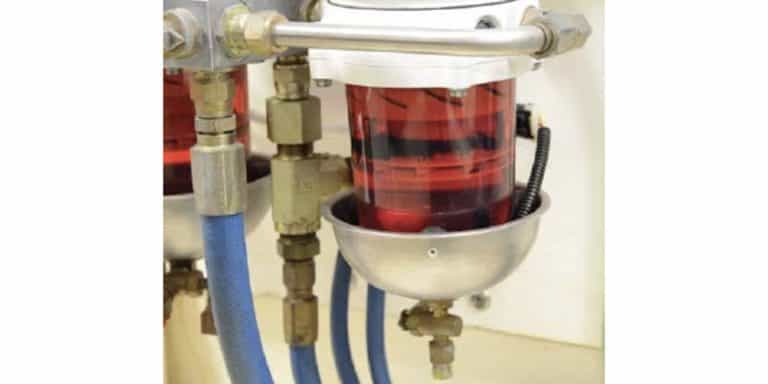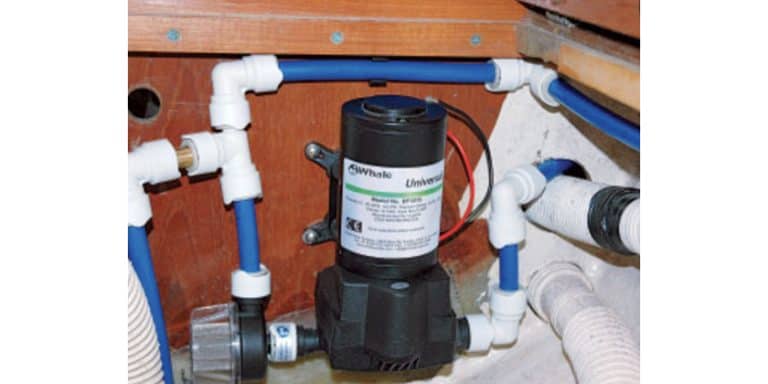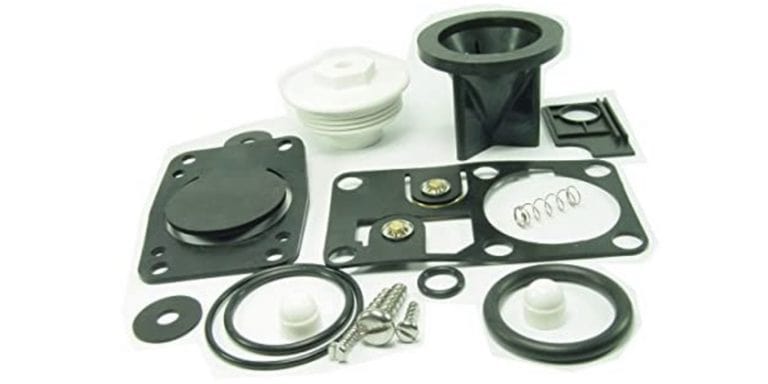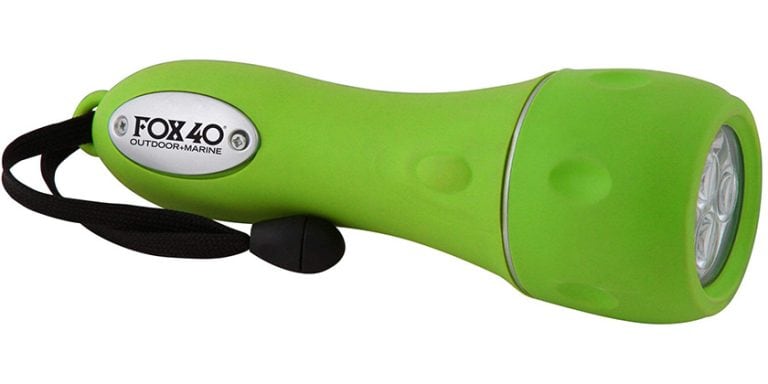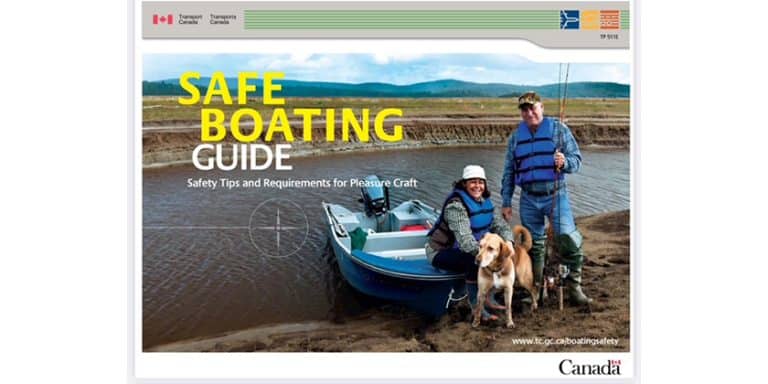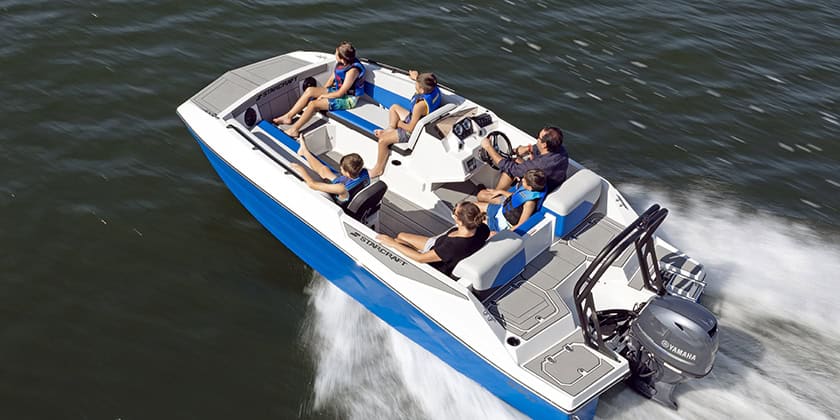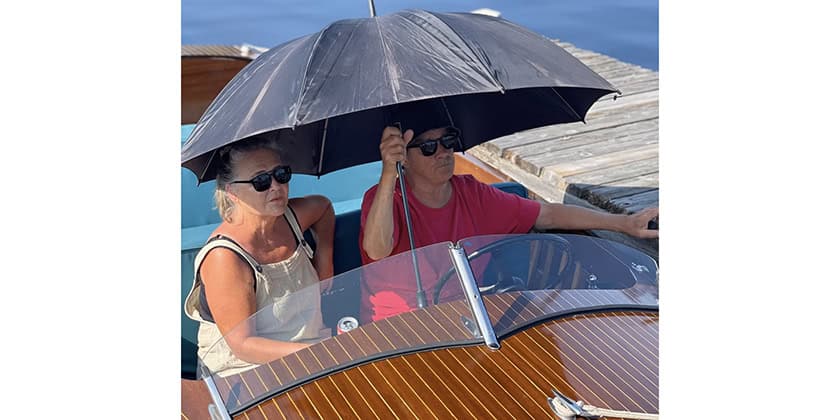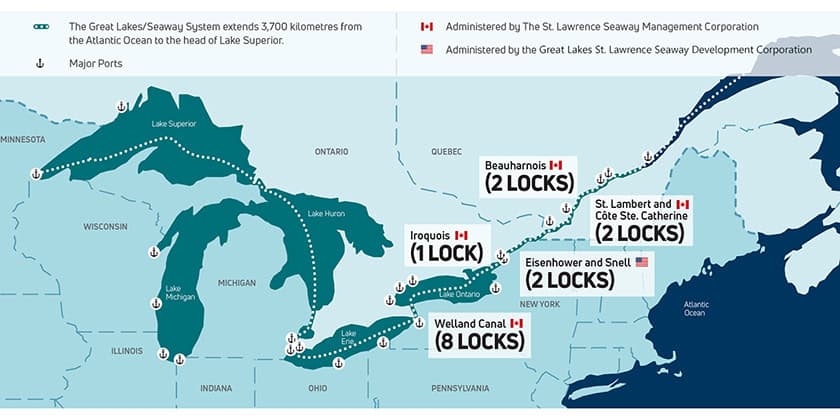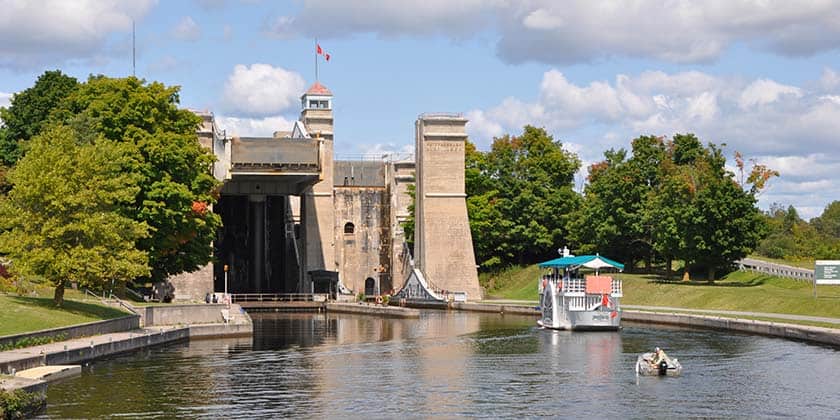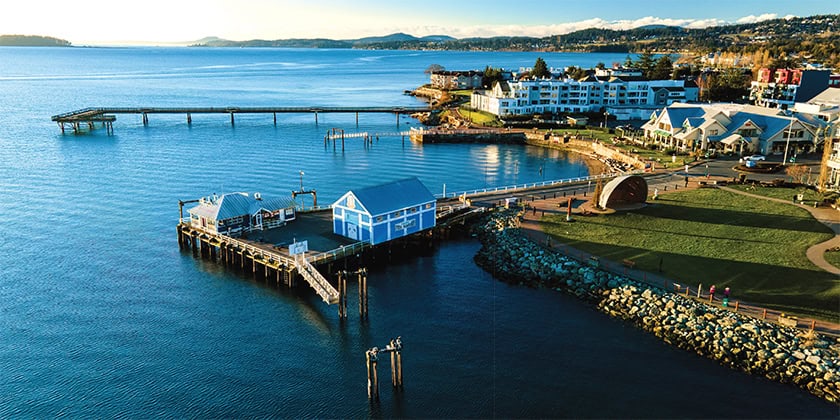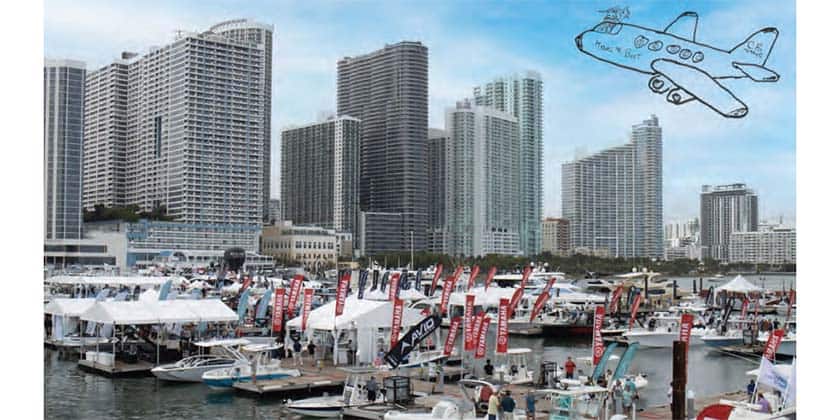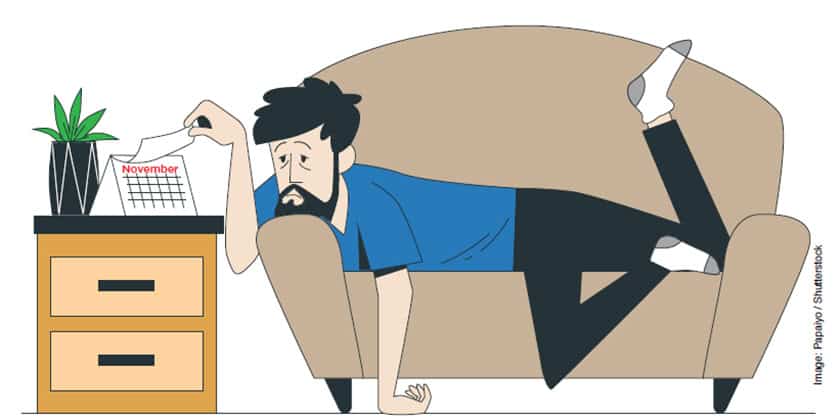Ask Andrew – Delayed Launch
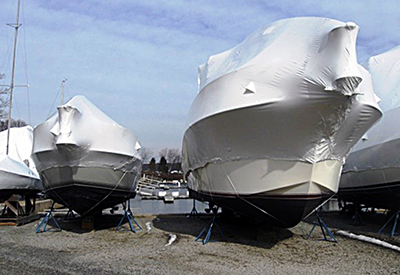
Apr 23, 2020
2020 is a year of change – self-isolation, social distancing, quarantine, and working remotely have become the norm. For many, this has been a bitter pill to swallow. Another bitter pill for boaters is the delay of the season. Provincial laws differ – so terms like ‘essential’ aren’t translating widely across the marine world.
In BC, marinas remain open and fuel is available, sometimes with conditions. In Ontario, marinas, boat launches, yacht clubs and the professionals that service the marine industry aren’t considered essential, unless the service and location allows a person to access their permanent residence only accessible by boat.
For most of us in the east, this means a full shutdown. Marina and yacht club gates are chained, with access only permitted for emergencies. For those living aboard, access and service can be slow. For those with boats on trailers in storage or in driveways, there’s limited access to launch ramps. In short, the season hasn’t really kicked off.
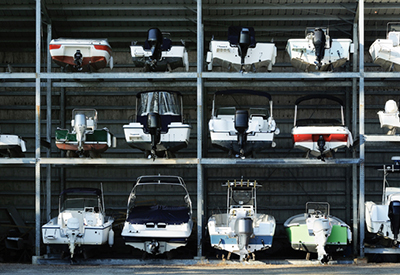 Most of us are itching to get back aboard but the itch has morphed to a desire to protect and maintain our assets. I’ve had more than one anxious phone call asking about options, potential for damage, and how to mitigate and navigate the spring of 2020.
Most of us are itching to get back aboard but the itch has morphed to a desire to protect and maintain our assets. I’ve had more than one anxious phone call asking about options, potential for damage, and how to mitigate and navigate the spring of 2020.
Here are some questions that I’ve been fielding and addressing:
1) Are my inboard, outboard and diesel motor going to be OK? Will the winterizing done in the fall continue to protect the engine?
2) Will my potable water system be damaged with changing temperatures and condensation build-up?
3) What’s going on inside my shrink-wrap? Is there humidity or condensation causing damage?
4) Will my batteries drain? Will they die and/or require replacement?
5) Once I get aboard, what should I tackle first?
First: ‘Winterizing’ is a deceiving term. It implies that the process used to protect the engine and potable water system is a time-limited event Further, it implies and that once winter is over, the protection doesn’t last. A better term could be: Long-term storage, or long-term layup. If the engine has been winterized according the manufacturer’s directions, the term of storage could be over successive years. Your engine and potable water system won’t need to be checked on or addressed, even with the delay in use or launch this year.
The only caveat to this is the fuel: Both gasoline and diesel have a shelf life. Part of the winterizing process is to stabilize the fuel in order to preserve the fuel’s ability to fire. Prolonged storage (more than a year) may cause the fuel to go bad, and may gum-up parts of the fuel system (carburetors, spark plugs and fuel filters). For the moment, things will be OK.
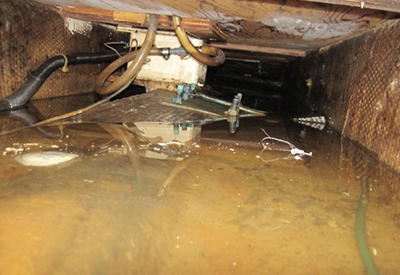 Preferably you don’t face this – water in the bilge
Preferably you don’t face this – water in the bilge
Under the shrink-wrap or tarp, your boat will be clean and dry in an ideal world. If the boat was wrapped or tarped with any moisture inside, this moisture may create condensation, humidity and mould growth inside. Products like “No Damp” are added inside the wrap in order to remove any moisture that may be present. Adding ventilation and patching any large holes will certainly help preventing this, assuming you have access to the boat.
Another point to consider, which could certainly fall under the ‘emergency’ category is the collection of water inside the boat. Any rips or tears in the shrink-wrap could allow water to get inside and accumulate. Over time, trapped water could fill-up in the bilge could cause significant damage. Having the wrap checked to ensure that the cover is secure and that drain plugs are free of debris may be worthwhile. It makes the case for tarping well before storage.
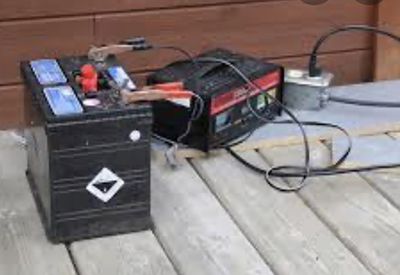 Modern batteries (including lead-acid flooded, AGM and Lithium) are designed for long-term storage. A part of winterizing is the removal of the battery cables. This ensures that circuits are unable to draw from the battery, thereby draining it. In practice, this doesn’t always happen. Some of us may find our batteries drained and in need of re-charging. That said, the main danger to a battery is freezing in a discharged state. Because temperatures are warming, this damage isn’t a concern until the fall of 2020. In short, the battery can be left (even if discharged) for long periods of time. There is no need to charge it for fear of damage. That said, you might want to be prepared with a battery charger once you are able to get back aboard.
Modern batteries (including lead-acid flooded, AGM and Lithium) are designed for long-term storage. A part of winterizing is the removal of the battery cables. This ensures that circuits are unable to draw from the battery, thereby draining it. In practice, this doesn’t always happen. Some of us may find our batteries drained and in need of re-charging. That said, the main danger to a battery is freezing in a discharged state. Because temperatures are warming, this damage isn’t a concern until the fall of 2020. In short, the battery can be left (even if discharged) for long periods of time. There is no need to charge it for fear of damage. That said, you might want to be prepared with a battery charger once you are able to get back aboard.
Once access to our boats is restored, I would approach spring start up methodically. Next issue we will take a look at some recommendations.
I hope this addresses concerns, and separates the ‘essential/emergency’ items from those that can wait. Wherever possible, follow the directives of local, provincial and federal governments: Sit tight, stay home and weather the storm.
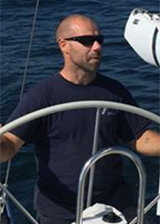 Andrew McDonald is the owner of Lakeside Marine Services – a boat repair/maintenance firm based in Toronto. Andrew has worked in the marine industry for 12 years and is a graduate of the Georgian College ‘Mechanical Techniques – Marine Engine Mechanic’ program.
Andrew McDonald is the owner of Lakeside Marine Services – a boat repair/maintenance firm based in Toronto. Andrew has worked in the marine industry for 12 years and is a graduate of the Georgian College ‘Mechanical Techniques – Marine Engine Mechanic’ program.
Questions or comments for Andrew? Email him directly via: askandrew@lakesidemarineservices.ca

